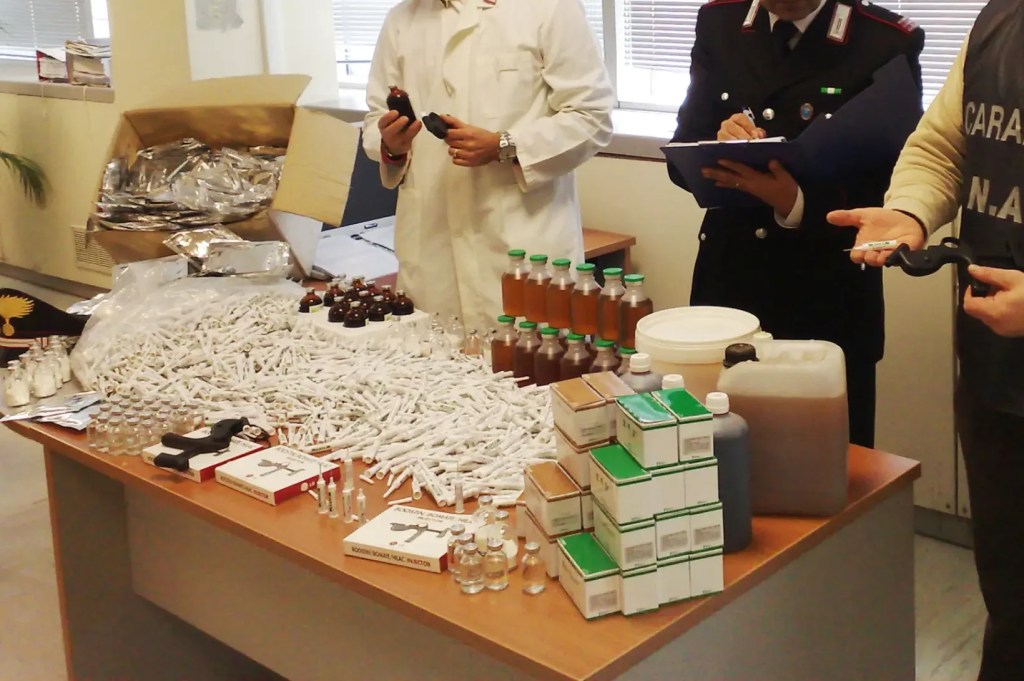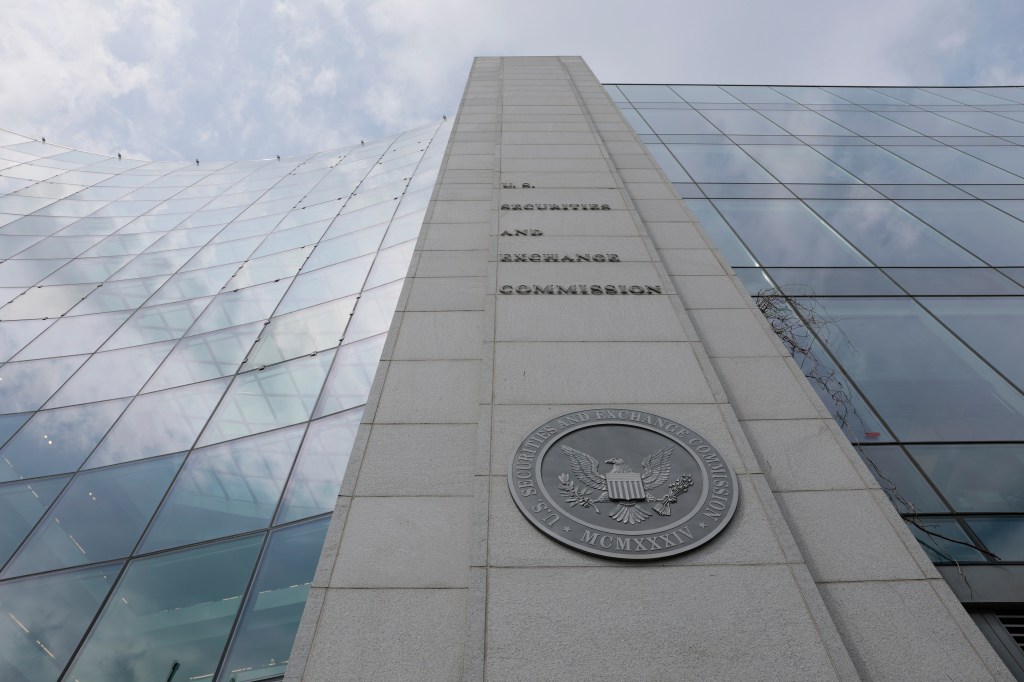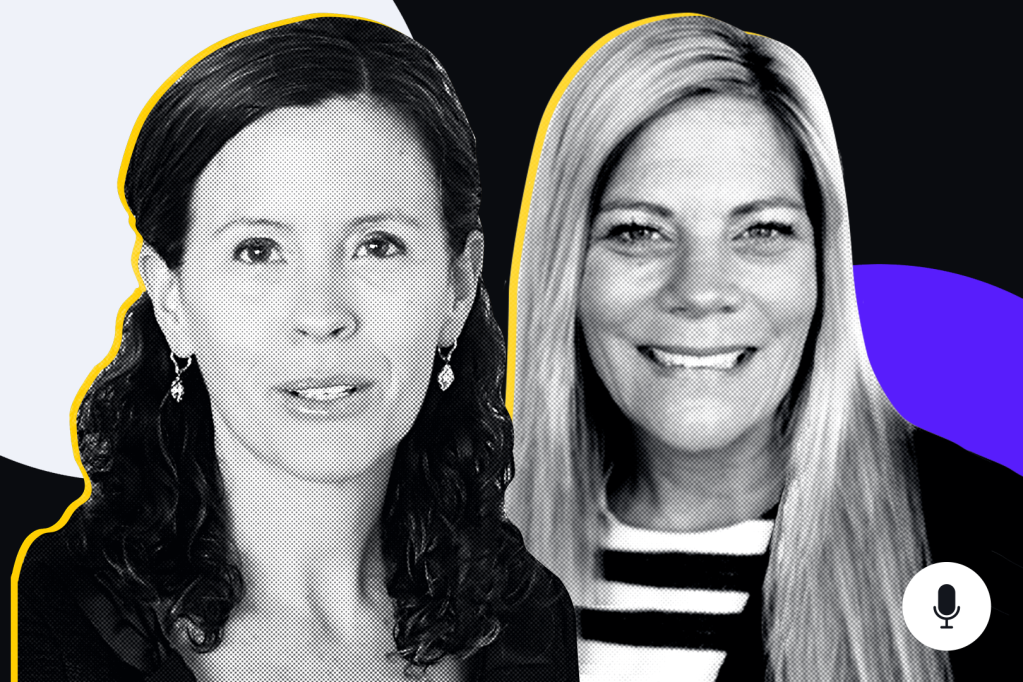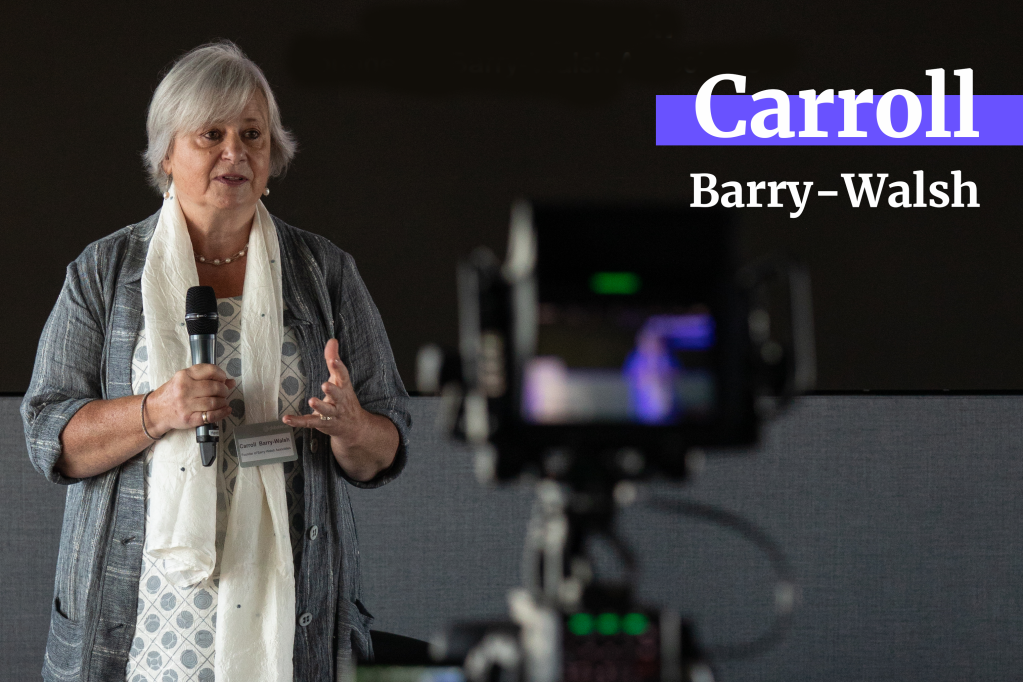Remember Archegos? Arch. Egos. As a description of many in finance it can scarcely be bettered. A novelist might even think it a tad too unbelievable, unless you were seeking to write satire.
But why bother when reality serves it up on a plate.
The founder of Archegos Capital Management,
Register for free to keep reading
To continue reading this article and unlock full access to GRIP, register now. You’ll enjoy free access to all content until our subscription service launches in early 2026.
- Unlimited access to industry insights
- Stay on top of key rules and regulatory changes with our Rules Navigator
- Ad-free experience with no distractions
- Regular podcasts from trusted external experts
- Fresh compliance and regulatory content every day













